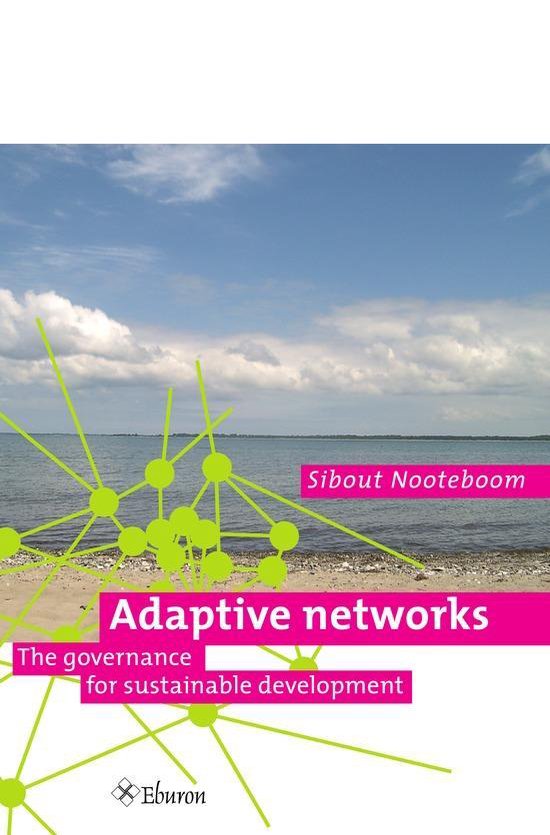

| Uitgevers | S. Nooteboom, S. Nooteboom, S. Nooteboom, S. Nooteboom, S. Nooteboom, S. Nooteboom, S. Nooteboom, S. Nooteboom, S. Nooteboom, S. Nooteboom, S. Nooteboom, S. Nooteboom, S. Nooteboom, S. Nooteboom, S. Nooteboom, S. Nooteboom, S. Nooteboom, S. Nooteboom, S. Nooteboom, S. Nooteboom, S. Nooteboom, S. Nooteboom, S. Nooteboom, S. Nooteboom, S. Nooteboom, S. Nooteboom, S. Nooteboom, S. Nooteboom, S. Nooteboom, S. Nooteboom, S. Nooteboom, S. Nooteboom, S. Nooteboom, S. Nooteboom, S. Nooteboom, S. Nooteboom, S. Nooteboom, Eburon Uitgeverij Bv, Eburon Uitgeverij, Eburon Uitgeberij |
| Uitgavejaar | 2006 |
| ISBN | 9059721470 |
| ISBN13 | 9789059721470 |
| Taal | Nederlands |
| Type | Paperback |
Public and private managers who are looking for sustainable development have to implement innovative solutions in a complex field of action. The problems they face have become increasingly interconnected. Joint action is needed, but the existing power networks within and between public and private domains tend to frustrate joint innovations.
This book analyzes how public and private managers deal with energy transitions by creating innovative networks capable of co-ordinated action. It shows how these so-called adaptive networks are born, create impact and are able to manage small breakthroughs in existing power networks.
Adaptive networks are relatively powerless in the classic definition of power, but influence the way of thinking and acting of a whole range of actors. A case study shows how separated power networks in the field of mobility, energy and environment, which are spread over the public and private world as well as civil society, are becoming more interconnected. By doing so the participating public and private managers create better chances for innovation and transition.
This book is interesting for professionals who are looking for management approaches that help to create new policies for sustainable development.
Sibout Nooteboom works at DHV Management Consultants and Erasmus University Rotterdam.